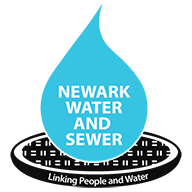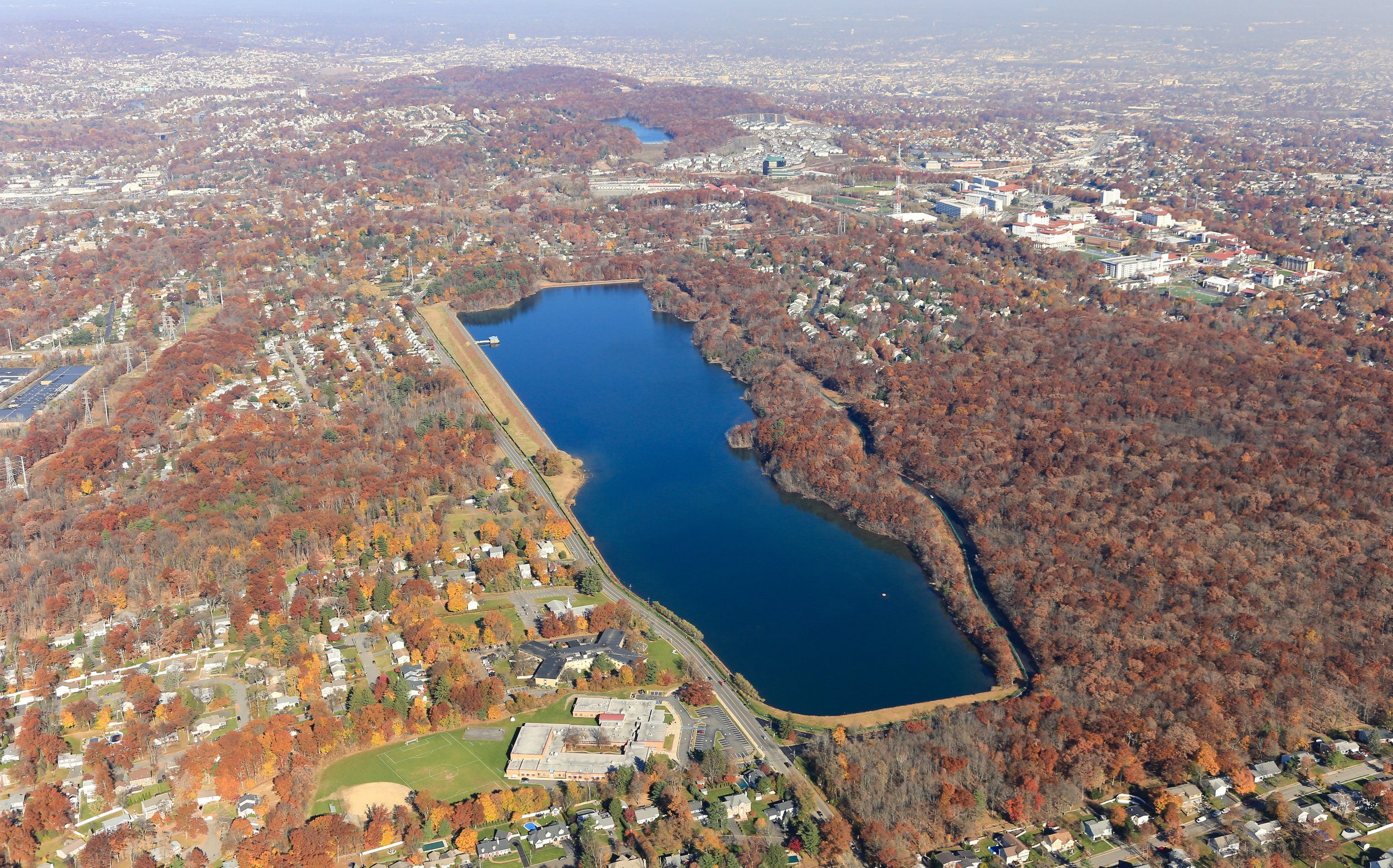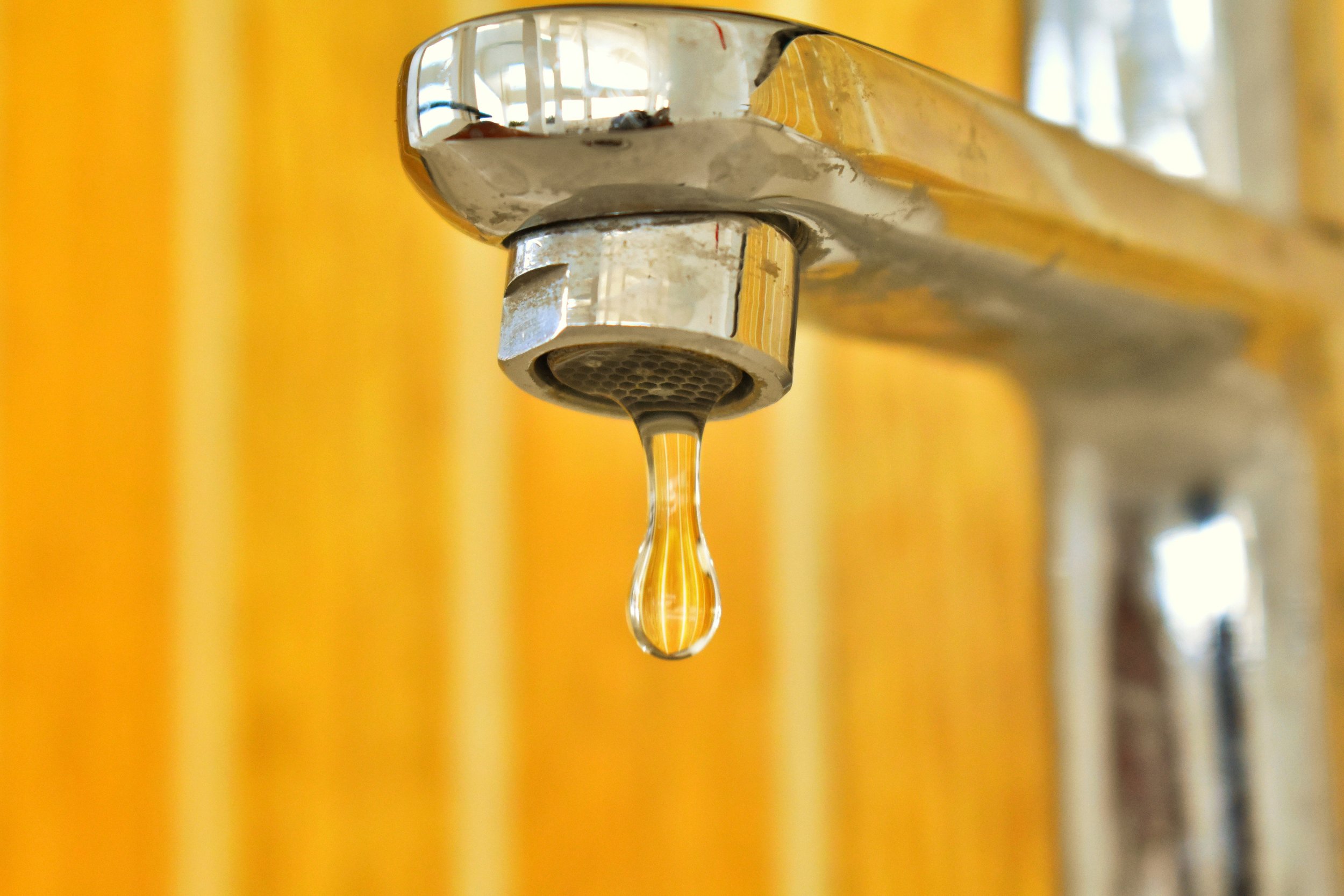
General Water Information
In the United States, less than 1% of municipal water is used for human consumption. The rest is used for bathing, garden hoses, cleaning, and cooking.
Sources of Tap Water
Newark municipal water comes from our five man-made reservoirs situated on a 37,000-acre watershed. This area of unspoiled forest and streams is larger than all but one state park or state forest in New Jersey.
The Cedar Grove Reservoir is one of the 5 man-made reservoirs that supply the City of Newark with water.
We process the water at the Pequannock Water Treatment Plant before it is tested for EPA compliance and is then piped to residential homes and businesses.
The amount and type of treatment applied by the public water system varies with the source type and quality. Some groundwater systems can satisfy all federal requirements without applying any treatment, while others need to add chlorine or additional treatments. Because surface water systems are exposed to and fed by direct land runoff and exposed to the atmosphere, they are more easily subjected to contamination. Federal and state regulations require that those systems treat this type of water to meet health-based standards.
In most developed countries, water is supplied to households and industries using underground pipes. That water is processed and treated to meet drinking water standards, even though only a very small proportion is consumed or used in food preparation. Municipal drinking water is regulated by the Environmental Protection Agency (EPA) in the United States.
Disinfecting Tap Water
Disinfection of municipal drinking water is one of the major public health advances of the 20th century. However, the disinfectants themselves can react with naturally occurring materials in the water to form unintended byproducts, which may pose health risks. A major challenge for municipal water suppliers is balancing the risks from microbial pathogens and disinfection byproducts.
Municipal water suppliers use a variety of treatment processes to remove contaminants from drinking water. Tap water regularly makes headlines when communities are put on a boil alert notice. Such an alert occurs when the water source, a treatment system failure, or broken pipes cause the municipal water to become contaminated and unfit for consumption. Contamination can include toxic metals (lead and arsenic), excessive toxic chemicals, medical pharmaceutical drugs, chemicals used to sanitize water (chlorine, aluminum, copper, and fluoride), and bromine.
Most cities are proud of their water systems and encourage people to drink the water with confidence. However, some people don’t like the smell or taste of their tap water. For some people, such as those with compromised immune systems, doctors advise them not to drink tap water.
An illustration of the water treatment plant (WTP) process. Click on the image to enlarge.


